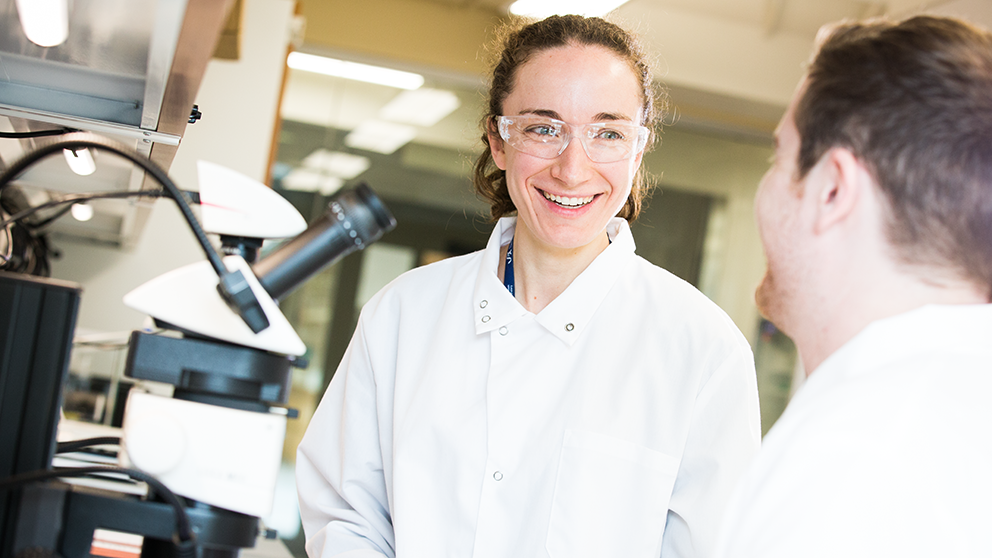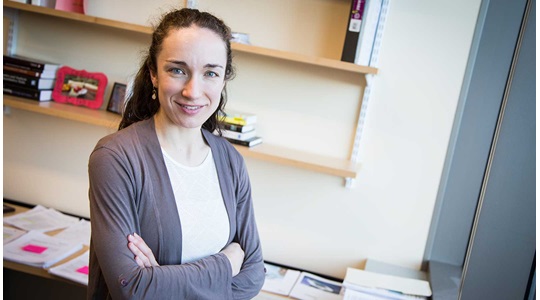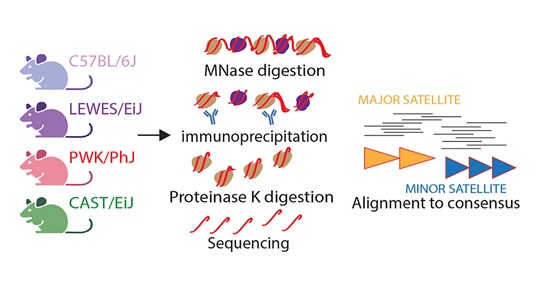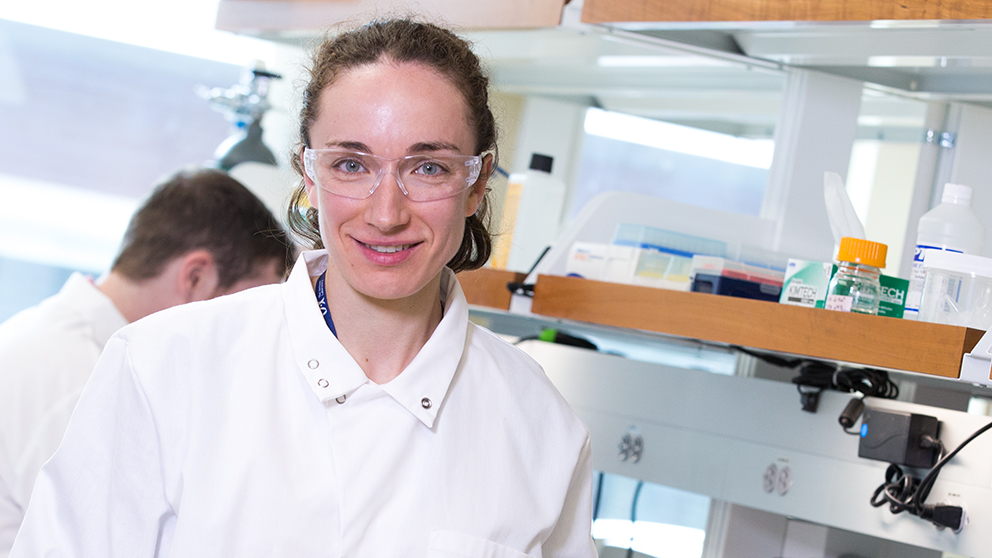Beth Dumont, Ph.D.
Associate Professor
Researching the mechanisms that generate genetic diversity through the lens of evolution
Mutation, recombination, and chromosome assortment account for all genetic diversity in nature, ranging from variants associated with disease to adaptive genetic changes. Despite their fundamental significance to genetic inheritance, the frequencies of mutation and recombination and the strength of chromosome transmission biases vary tremendously among individuals.
The broad objective of my research group is to understand the causes of variation in the very mechanisms that generate genetic diversity. Toward this goal, we pursue two complementary research strategies. First, we leverage the recognition that mutation rate, recombination frequency, and biased chromosome transmission are themselves complex genetic traits controlled by multiple genes and their interactions. We combine cytogenetic and genomic approaches for assaying DNA transmission with quantitative genetic analyses in order to identify the genetic and molecular causes of variation in these mechanisms. Second, through targeted investigations of loci with extreme recombination or mutation rates, we aim to illuminate the biological mechanisms that stimulate or suppress these processes. We are currently using this latter approach to investigate recombination rate regulation, patterns of genetic diversity, and the evolutionary history of the mammalian pseudoautosomal region.
Education and experience
Education
University of Wisconsin
Ph.D, Genetics
Adv: Dr. Bret Payseur
2005-2010
Cornell University
B.A., Biology, Anthropology
2001-2005
Experience
North Carolina State University, Initiative in Biological Complexity
Distinguished postdoctoral research scholar
Adv: Dr. Trudy Mackay
2013-2016
University of Washington, Genome Sciences
Senior research fellow
Adv: Dr. Evan Eichler
2010-2012





